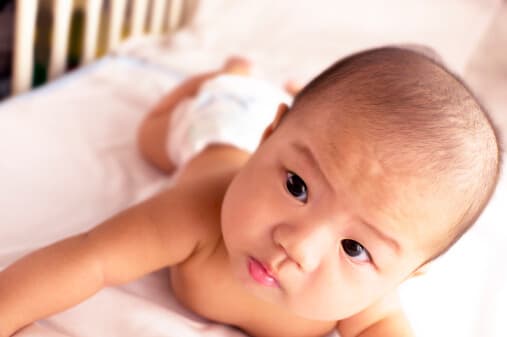BPA: Clearing Through the Clutter

There is an intense ongoing debate about the safety of bisphenol –A, or BPA, an ingredient found in many plastic products including many baby bottles and reusable water bottles. It acts like a hormone in the human body. More than 90 percent of us do have small amounts of BPA in our bodies.
On the one hand, the plastics industry and the FDA assure parents that BPA is safe. They have no concern, even for babies, at the doses we are commonly exposed to. Meanwhile, scientists in another part of the federal government, NIH’s National Toxicology Program and the Center for the Evaluation of Risks to Human Reproduction, do have some concern that these low doses affect “the brain, behavior, and prostate gland in fetuses, infants, and children at current human expo¬sures to bisphenol A.” They also think it possible that BPA is causing lasting changes in girls’ breasts and that it is causing an earlier age of puberty for girls who are exposed as fetuses, babies, or children “at current human exposures to bisphenol A.”
Many scientists and children’s health advocates with expertise in this issue think that BPA is a real problem. I agree, and choose to avoid BPA-containing products for my family.
A September 2008 study in the Journal of the American Medical Association reports urine testing of over 1400 adults, and found that the higher the level of BPA, the higher the odds of diabetes (about 40 percent higher for every standard deviation above the average). Critics argue that even though BPA exposure and diabetes are associated, it’s not clear which is causing which, or if something else is causing both. And it would be hard to intentionally give humans extra BPA to prove that it made them sicker. But when the same thing has been done to other animals, who otherwise had the same food, exercise, and environment, low-dose exposure similar to what a baby would get drinking from a BPA-containing bottle raises the risk of many health problems time and time again.
Parents should not be alarmed, but should be educated. BPA exposure doesn’t mean a child will have more health problems, but I do believe that it raises the odds of a child’s health problems.
I strongly encourage my patients and their families choose BPA-free products for food preparation, serving, and storage, for baby bottles and water bottles for the whole family, and for objects that go in the mouth, such as pacifiers and teethers. It is just not worth the risk.
National Toxicology Program, US Department of Health and Human Services, Center For The Evaluation of Risks To Human Reproduction. Monograph on the Potential Human Reproductive and Developmental Effects of Bisphenol A. September 2008, NIH Publication No. 08 – 5994Lang IA, Galloway TS, Scarlett A, et al. Association of Urinary Bisphenol A Concentration with Medical Disorders and Laboratory Abnormalities in Adults. JAMA. 2008;300(11):1303-1310 (doi:10.1001/jama.300.11.1303)


